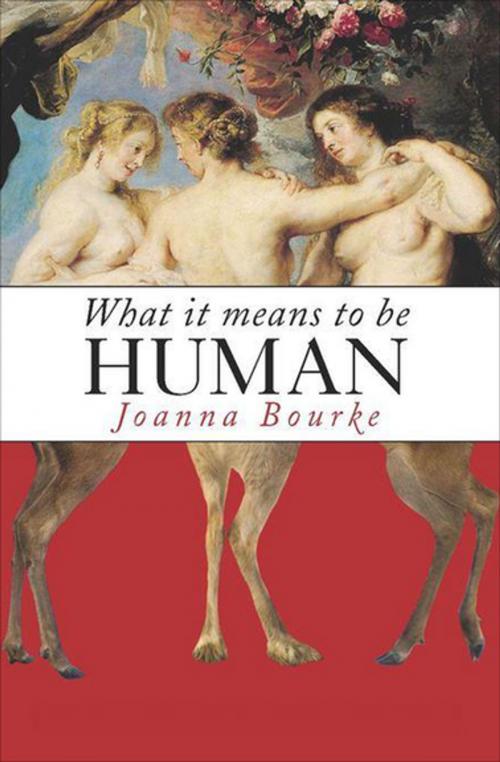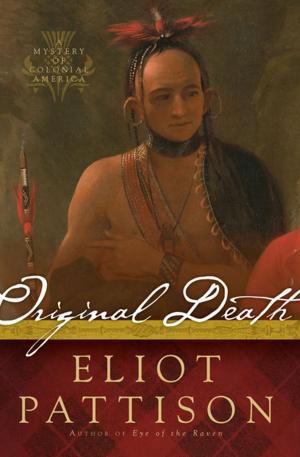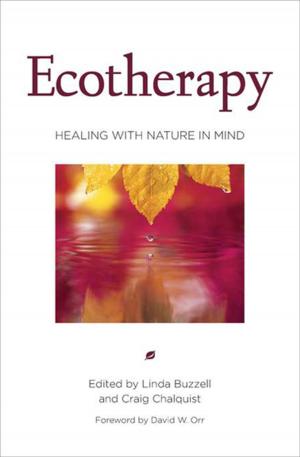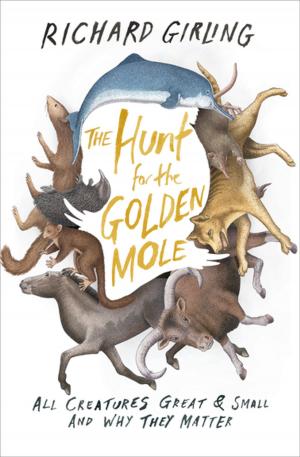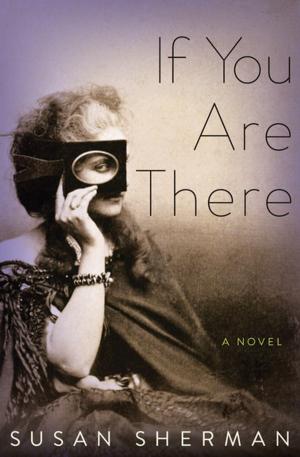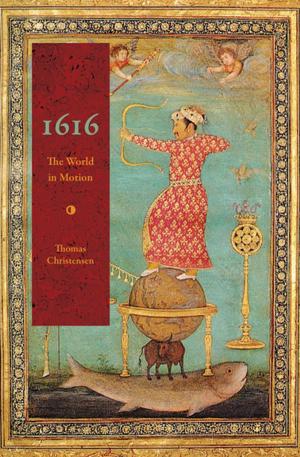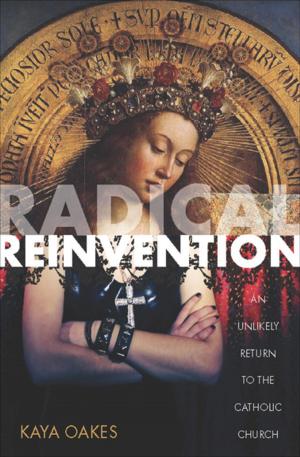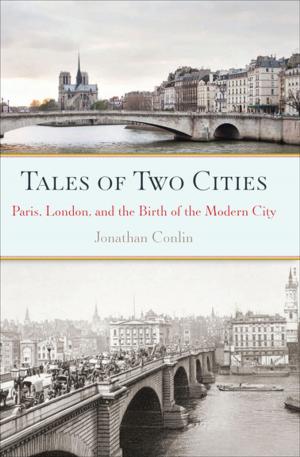What It Means to Be Human
Nonfiction, Science & Nature, Nature, Animals, Animals Rights, Social & Cultural Studies, Social Science, Gender Studies, Women&, Political Science| Author: | Joanna Bourke | ISBN: | 9781619020283 |
| Publisher: | Counterpoint Press | Publication: | December 1, 2011 |
| Imprint: | Counterpoint | Language: | English |
| Author: | Joanna Bourke |
| ISBN: | 9781619020283 |
| Publisher: | Counterpoint Press |
| Publication: | December 1, 2011 |
| Imprint: | Counterpoint |
| Language: | English |
From the author of The Story of Pain. “This deeply scholarly work is lively and challenging in equal measure, and rewarding throughout” (The Boston Globe).
In 1872, a woman known only as “An Earnest Englishwoman” published a letter titled “Are Women Animals?” in which she protested against the fact that women were not treated as fully human. Her heartfelt cry was for women to “become-animal” in order to gain the status that they were denied on the grounds that they were not part of “mankind.”
In this fascinating account, Joanna Bourke addresses the profound question of what it means to be “human” rather than “animal.” How are people excluded from political personhood? How does one become entitled to rights? The distinction between the two concepts is a blurred line, permanently under construction. If the Earnest Englishwoman had been capable of looking 100 years into the future, she might have wondered about the human status of chimeras, or the ethics of stem cell research. Political disclosures and scientific advances have been re-locating the human-animal border at an alarming speed. In this meticulously researched, illuminating book, Bourke explores the legacy of more than two centuries, and looks forward into what the future might hold for humans, women, and animals.
“Ultimately, What It Means to Be Human is less an answer than it is an invitation to a series of questions, questions about who and what we are as a species, as souls, and as nodes in a larger complex ecosystem of sentient beings.” —Brain Pickings
From the author of The Story of Pain. “This deeply scholarly work is lively and challenging in equal measure, and rewarding throughout” (The Boston Globe).
In 1872, a woman known only as “An Earnest Englishwoman” published a letter titled “Are Women Animals?” in which she protested against the fact that women were not treated as fully human. Her heartfelt cry was for women to “become-animal” in order to gain the status that they were denied on the grounds that they were not part of “mankind.”
In this fascinating account, Joanna Bourke addresses the profound question of what it means to be “human” rather than “animal.” How are people excluded from political personhood? How does one become entitled to rights? The distinction between the two concepts is a blurred line, permanently under construction. If the Earnest Englishwoman had been capable of looking 100 years into the future, she might have wondered about the human status of chimeras, or the ethics of stem cell research. Political disclosures and scientific advances have been re-locating the human-animal border at an alarming speed. In this meticulously researched, illuminating book, Bourke explores the legacy of more than two centuries, and looks forward into what the future might hold for humans, women, and animals.
“Ultimately, What It Means to Be Human is less an answer than it is an invitation to a series of questions, questions about who and what we are as a species, as souls, and as nodes in a larger complex ecosystem of sentient beings.” —Brain Pickings
